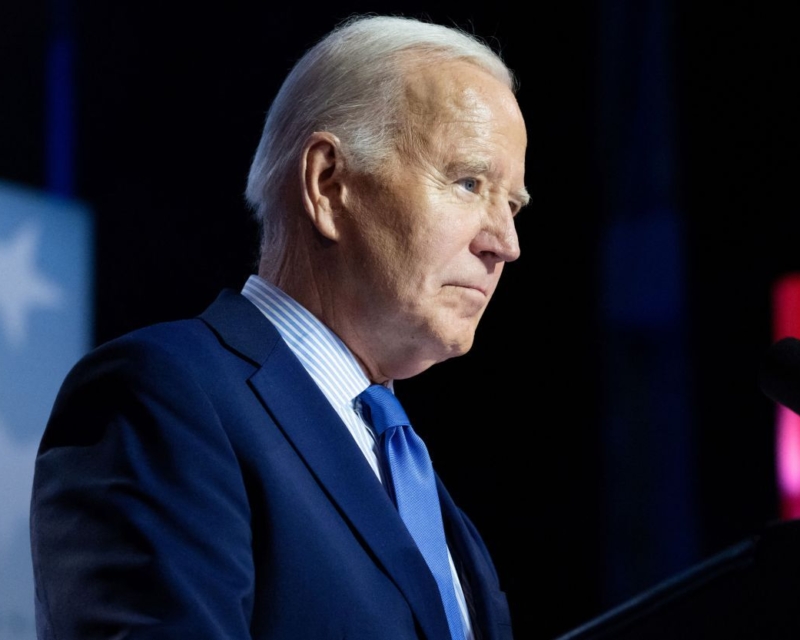Biden’s Backtrack: SPR Refill Cancellation Sends Ripples Through Energy Markets
The Biden administration announced the cancellation of plans to refill the Strategic Petroleum Reserve (SPR), dealing a significant blow to efforts aimed at mitigating soaring oil prices. The decision marks a stark departure from earlier promises, raising questions about the administration’s energy strategy amid mounting pressure from both domestic and international fronts.
The SPR, often dubbed as America’s emergency oil stash, has historically served as a crucial buffer during times of geopolitical turmoil or supply disruptions. Recognizing its importance, President Biden initially unveiled plans to replenish the reserve as part of broader efforts to bolster energy security and stabilize prices.
However, faced with a confluence of factors including political opposition, logistical challenges, and a shifting energy landscape, the administration has opted to shelve these plans indefinitely. Critics argue that the move underscores the white house’s struggle to navigate the complexities of energy policy, particularly amidst a delicate balance between environmental concerns and economic realities.
The decision comes at a time when oil prices have surged to multi-year highs, driven by a combination of supply constraints, geopolitical tensions, and a robust post-pandemic recovery in global demand. With consumers feeling the pinch at the pump and businesses grappling with rising input costs, the administration’s retreat from SPR replenishment efforts is poised to amplify concerns about energy affordability and inflationary pressures.
Moreover, the cancellation sends a signal to energy markets, potentially exacerbating volatility and undermining confidence in the white house’s ability to manage supply-side risks. Critics argue that by forgoing SPR replenishment, the administration is missing an opportunity to leverage America’s strategic oil reserves as a tool for market stabilization and geopolitical leverage.
The decision also underscores broader tensions within the Democratic Party over energy policy, with progressive factions pushing for ambitious climate action while centrist voices advocate for measures to address immediate energy concerns. The cancellation of SPR refill plans is likely to intensify these intra-party debates, highlighting the challenges of reconciling competing priorities within the government energy agenda.
While the administration has emphasized its commitment to exploring alternative avenues for addressing energy security concerns, including diplomatic engagement and investments in renewable energy, the decision to abandon SPR replenishment represents a tangible setback in its efforts to navigate the complexities of the current energy landscape.
As oil prices continue to fluctuate amid geopolitical uncertainties and evolving market dynamics, the white house faces mounting pressure to recalibrate its energy strategy and deliver tangible solutions to address the concerns of both consumers and industry stakeholders. The cancellation of SPR refill plans serves as a sobering reminder of the inherent complexities and trade-offs inherent in energy policymaking, underscoring the need for a nuanced and proactive approach to safeguarding America’s energy future.




